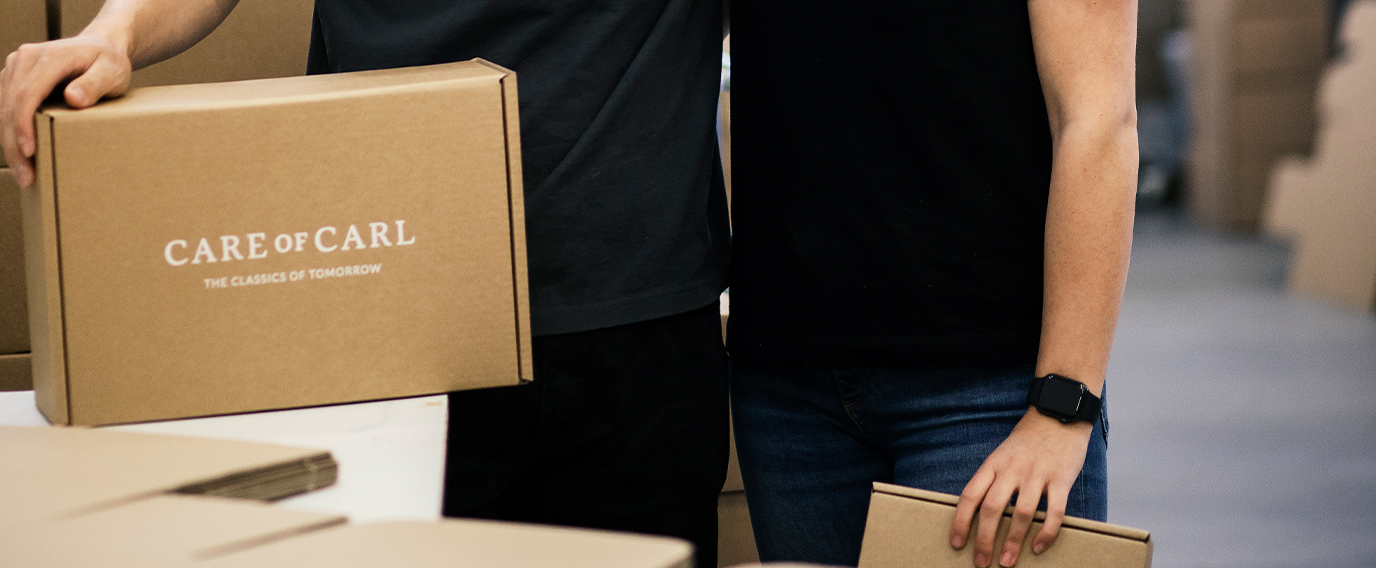
Sustainability in the supply chain
Published 2022-12-29
Let our logistics partners outline what characterises their sustainability work.
We believe that all the distribution services that we offer are focusing and prioritising sustainability development. It is most common for sustainability work to be prioritised in accordance with the following: reduce and compensate. This means that measures that reduce the negative impact are pursued. Routes and strategic priorities may vary between different distributors, often effected by the size of the company and their network, etc.We have chosen to collect a simplified description of how our logistics partners tackle sustainability issues, especially the environmental aspects. Our logistic partners describe how they think about their distribution services and what they think you should know. We hope that the descriptions and links to further reading can stimulate further interest and contribute to increased awareness to help you choose the option that best suits you and your opinion on this issue.
Our freight options
DHL Freight: "Through long-term and ambitious work, we can document and verify the reduction of our climate-related emissions by around 50% per tonne-kilometre since 2008. Our aim is to fulfil our customers needs, as well as taking measures to reduce our environmental impact and creating a safe and inclusive work environment."Read more: https://www.dhl.com/global-en/home/about-us/sustainability.html
DHL Express: "Our roadmap to sustainability focuses on meeting three key commitments: Clean operations for climate protection, great company to work for all and a highly trusted company. We will invest €7bn until 2030 in Clean Operations to reduce our emissions from 33MT in 2020 to under 29MT by 2030, and therefore commit to the Science Based Targets initiative (SBTi)."
Read more: https://www.dhl.com/global-en/home/about-us/sustainability.html


























































